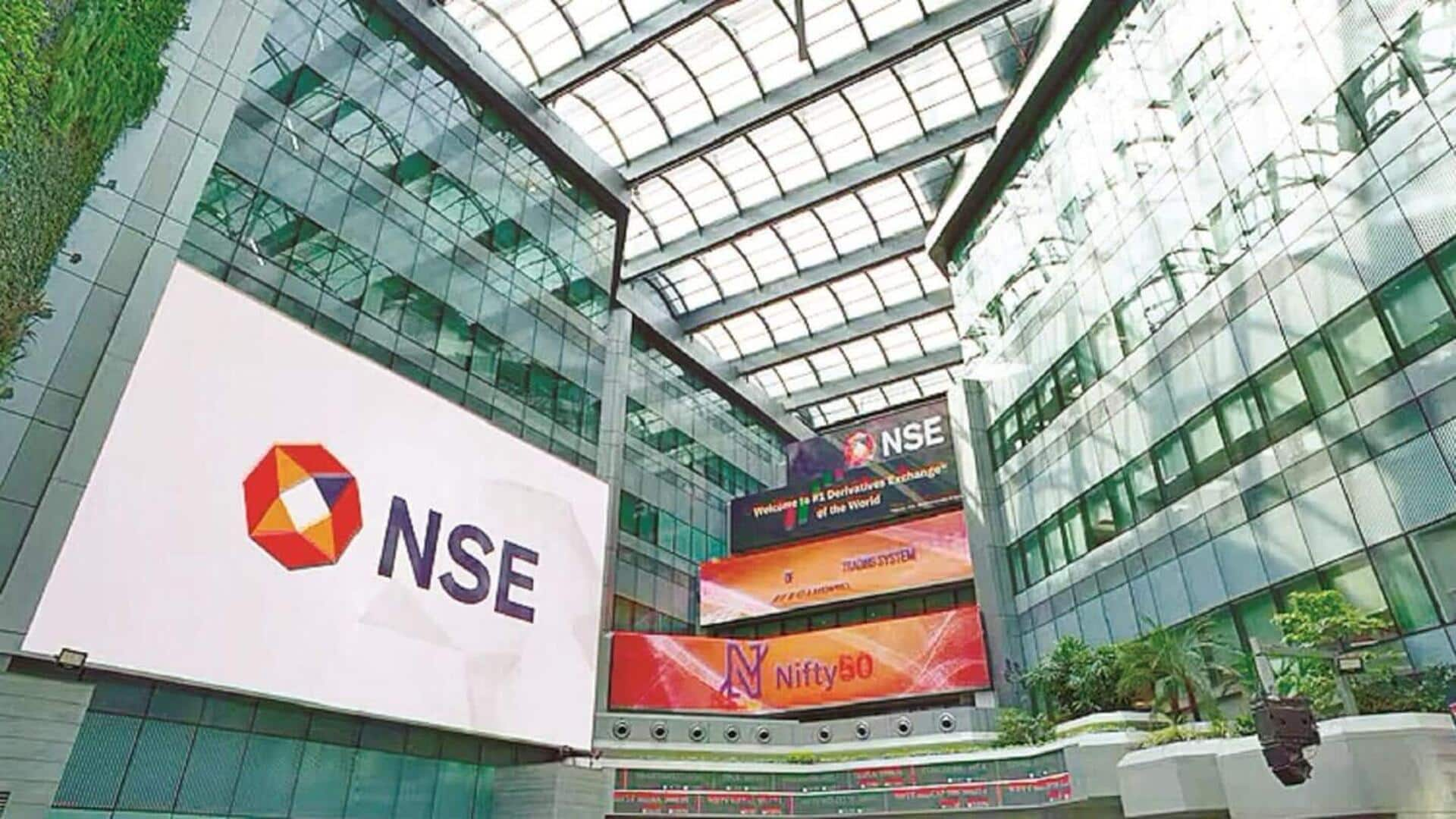
NSE's valuation surges to a whopping $58B, surpassing NASDAQ
What's the story
The National Stock Exchange of India (NSE) has seen its valuation jump to a whopping $58 billion in private markets. The surge is largely due to wealthy investors and institutions aggressively buying unlisted shares, anticipating an initial public offering (IPO) as early as this year. The stock has recently changed hands for as much as ₹2,000 ($23), reflecting the high demand.
Rapid growth
NSE's valuation doubles in 4 months
The NSE's valuation has doubled in just four months, reaching as high as $36 billion in September 2024. The current rally comes as the exchange works to resolve a long-standing legal dispute with India's securities regulator, SEBI. This issue has been delaying its listing plans for nearly a decade. If an IPO goes through, NSE's $58 billion valuation would surpass NASDAQ's and come close to Deutsche Boerse's market value of $62 billion.
Market dynamics
NSE's share distribution and market impact
The NSE has nearly 2.5 billion shares outstanding in private markets, with public investors (local and foreign institutions) and wealthy individuals holding 64% of it. The high demand for the exchange's shares has put a strain on the limited stock supply. At least three market intermediaries had to return money to prospective investors after failing to deliver shares due to some sellers backing out ahead of the expected IPO.
Competitive edge
NSE's strategy to regain market share
To reclaim its lost ground against BSE, NSE plans to apply for a change in the expiry day of its derivatives contracts from Thursday to Tuesday. The move comes after the exchange has been losing market share to its listed peer. NSE CEO Ashish Kumar Chauhan recently told analysts and investors that this decline has "run its course."
Regulatory hurdles
NSE's IPO journey and regulatory challenges
The NSE, which counts Life Insurance Corporation of India and Canada Pension Plan Investment Board among its large investors, first filed for an IPO in 2016. However, the regulator's probe into allegations of high-speed traders illegally accessing its co-location servers not only derailed the listing but also resulted in a six-month capital market ban.